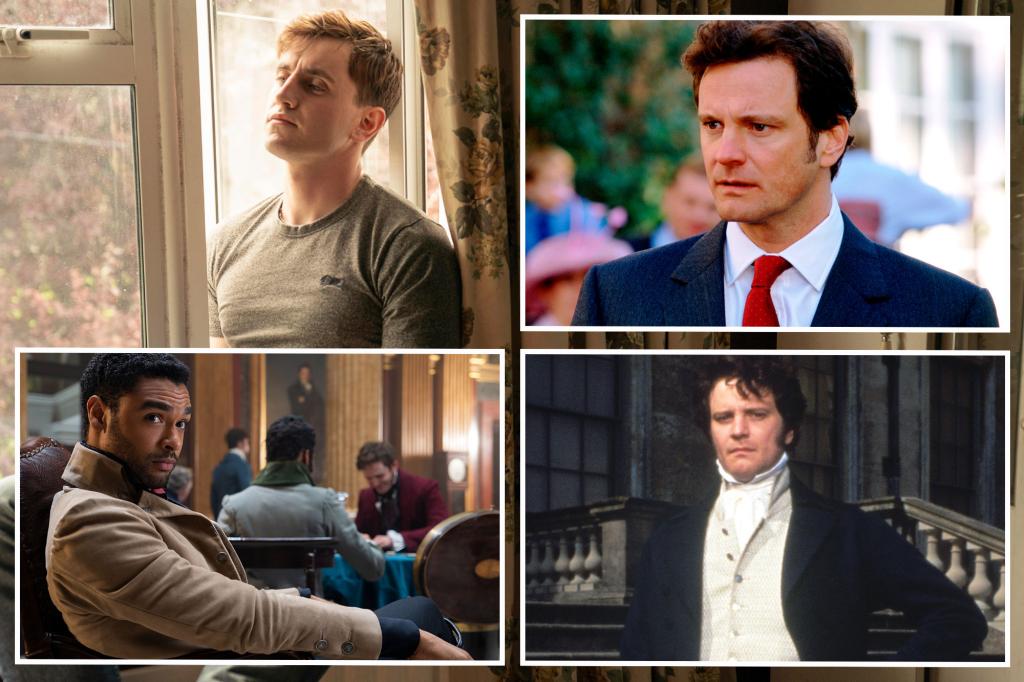Read any of the romantic classics and you’ll find it’s nearly always the same old story, writes Rachel Feder in “The Darcy Myth: Jane Austen, Literary Heartthrobs, and the Monsters They Taught Us to Love” (Quirk).
It almost always goes, “Girl meets boy. Boy creates a sense of mystery and connection between them. Boy is arrogant and judgmental of others. Boy and girl are thrown together, again and again, by chance. Boy and girl consummate their crush, and girl thinks it’s the beginning of something.”
But, Feder asserts, “Darcy isn’t real, that guy was just a horny jerk, and this is the end.”
An Associate Professor of English and Literary Arts at the University of Denver, Feder teaches a course on Jane Austen and, every year, she says she ruins “Pride and Prejudice” for her students.
“I don’t mean the way you might, say, ruin a silk blouse by chasing a cat into a juniper bush,” she writes. “I mean by pointing out how literature trains women to spend their time changing assholes into sensitive men instead of overthrowing the patriarchy.”
She might have a point.
From the Duke of Hastings in “Bridgerton” (which is “super complicit in this bull—t”) to Connor Waldron in “Normal People” and Chuck Bass in “Gossip Girl,” there are a succession of leading men that all too often fit the bill.
She even cites the “intense lumberjack appeal” of the Beast in “Beauty and the Beast.” “We’re not just taught to love a beast, but told from a young age that turning a beast into a prince is exactly what love does, and what love is about,” writes Feder.
It’s a common fallacy repeated time and time again, argues Feder, and one that so many are vulnerable to.
“We think that if we’re sufficiently docile, patient, charming, useful, and/or conciliatory, we can melt the heart of any standoffish love interest, turning them into a devoted and attentive suitor.
Why do we believe, against all evidence, that someone who’s constantly low-key negging us and only texts back after midnight is suddenly going to turn into Mr. Darcy?
“We think this because of f—ing Darcy, that’s why! Literature is full of lies.”
Source link









